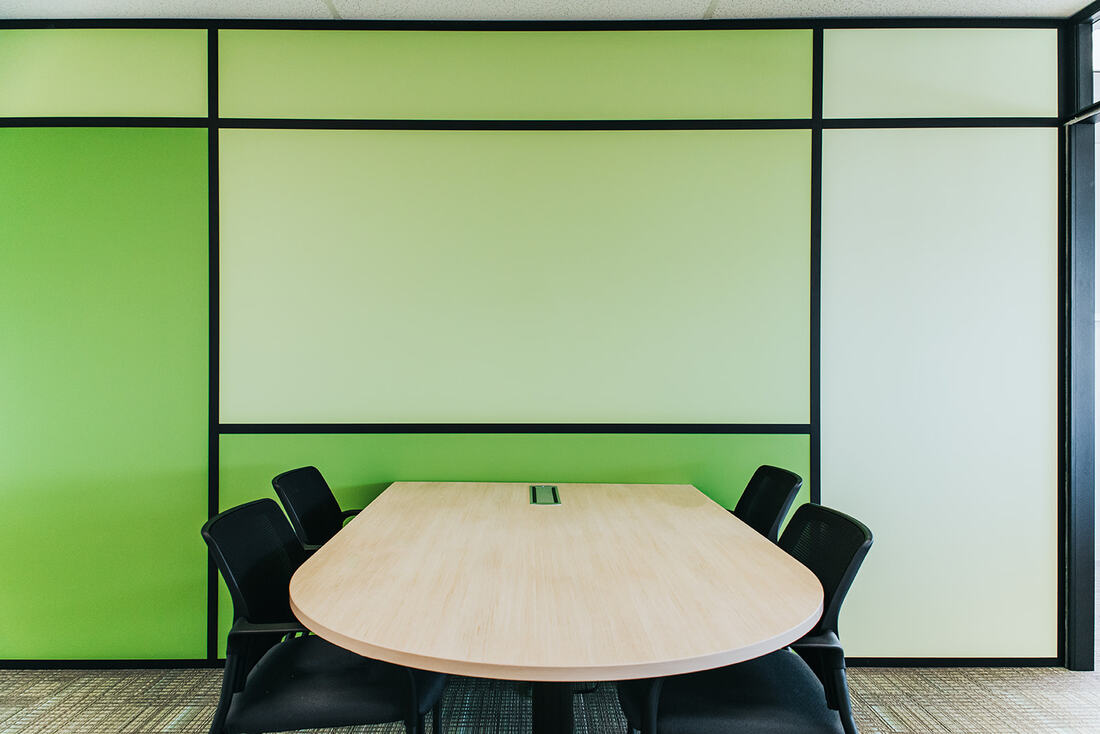In recent years, there has been a growing awareness of the importance of sustainability and eco-friendliness in all aspects of our lives, including the workplace. One of the ways that businesses and organizations can reduce their environmental impact is by using demountable walls, which offer numerous sustainability benefits.
How do demountable walls reduce waste in the construction industry?
First and foremost, demountable walls are a more eco-friendly alternative to traditional drywall construction. While drywall is often discarded and sent to landfills after it has served its purpose, demountable walls can be easily removed, reconfigured, and reused in different workspaces. This reduces waste and promotes a more circular, sustainable approach to construction.
What types of materials are commonly used in the construction of demountable walls?
Moreover, the materials used in demountable walls are often more sustainable than those used in traditional drywall construction as many demountable walls are made from recycled or sustainable materials, such as glass, metal, or wood. For example, at AJS Demountable Walls, the raw aluminum used in the wall systems incorporates up to 50% recycled material. This not only reduces the environmental impact of the construction process, but also ensures that the end product is more eco-friendly.
Can demountable walls be reused?
In addition, demountable walls are highly versatile and adaptable, making them a perfect fit for any existing environment. This means that businesses can easily repurpose these walls as their needs change, rather than tearing down and rebuilding walls each time. This can significantly reduce the carbon footprint associated with construction and renovation projects.
How do demountable walls reduce waste and disruption during the installation process?
Another sustainability benefit of demountable walls is their streamlined installation process. Because these walls generate minimal dust and debris during installation, there is less waste and disruption in the workplace. Additionally, the simplified installation process means that businesses can reduce the amount of time and energy required to complete construction projects, further reducing their environmental impact.
In conclusion, demountable walls offer numerous sustainability benefits for businesses and organizations seeking to reduce their environmental impact. From their versatility and adaptability to their eco-friendly materials and streamlined installation process, demountable walls provide a more sustainable, circular approach to construction and renovation projects.
How does AJS Demountable Walls contribute to sustainability
At AJS Demountable Walls, we are committed to providing sustainable solutions for businesses and organizations across Western Canada.
- Our demountable walls are made from high-quality, eco-friendly materials and can be easily reused and repurposed in different workspaces.
- Not only do we have a large inventory of walls in stock, but we also offer site-adjustable systems that can accommodate even the most challenging constraints.
- Additionally, our commitment to affordability and financing options means that businesses can take advantage of a 100% tax write-off while investing in a more sustainable future.
Overview:
The Key Sustainable Benefits of Demountable Walls
- They can be removed, reconfigured, and reused
- Made of Recyclable Materials
- Reduce Carbon Footprint
- Streamlined installation process

